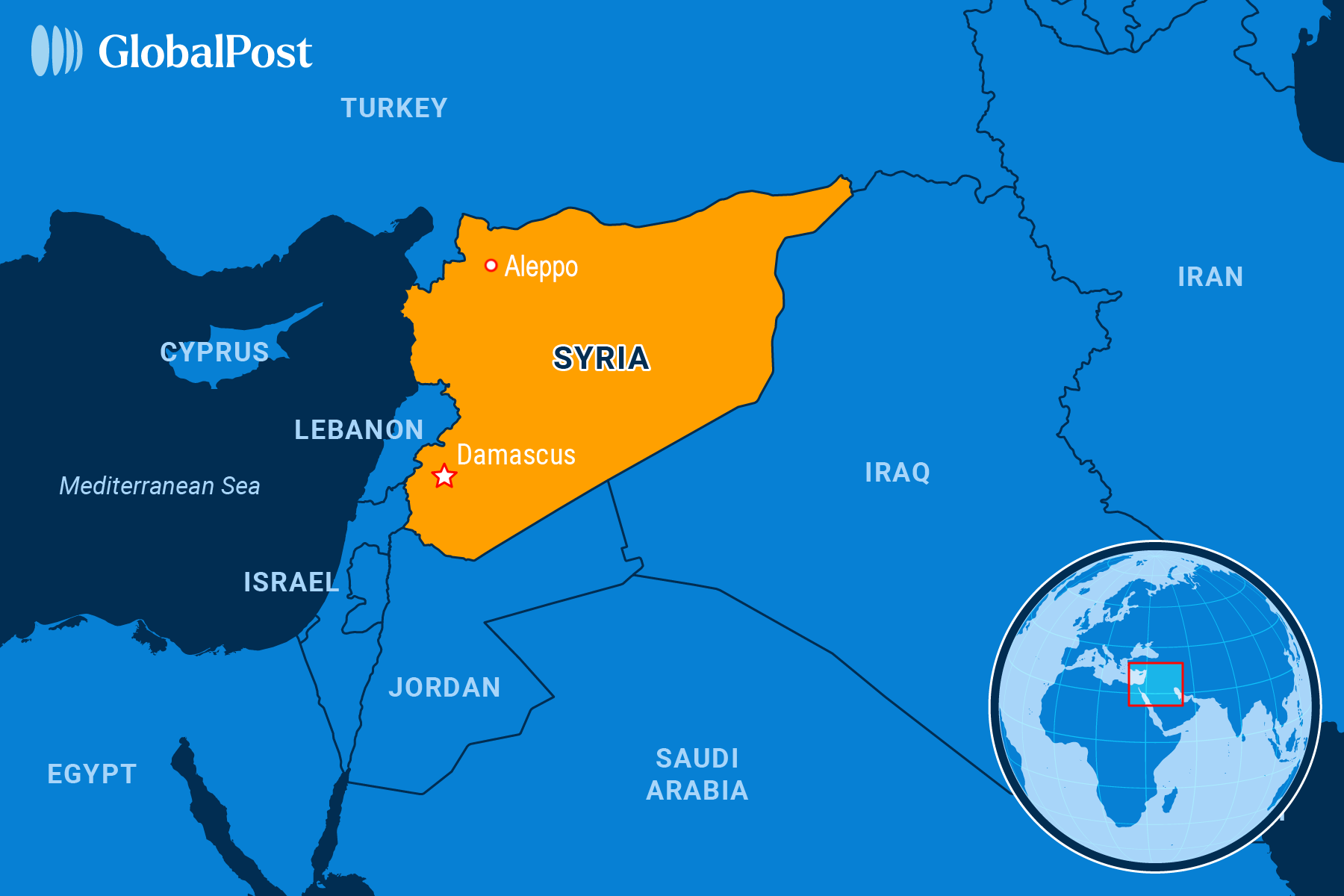The Thaw

Syrian President Bashar Assad was forced to flee Damascus early Sunday as rebel forces seized the capital, ending more than 50 years of rule by the Assad family in a swift and shocking offensive that toppled one of the Middle East’s most brutal dictatorships, and instantly ended a frozen 13-year civil war, the Wall Street Journal reported.
Assad fled to Russia where he was given asylum, the Russian state news agency Tass wrote.
The fall of Assad marks a dramatic turning point after years of conflict that has killed hundreds of thousands, displaced millions, and drawn in regional and global powers.
It comes more than a week after a Turkish-backed rebel offensive, led by the Sunni Islamist group Hayat Tahrir al-Sham (HTS), overran key cities including Aleppo, Homs, and Hama in a matter of days. Over the weekend, the fighters entered Damascus and found little resistance.
The group has been designated as a terrorist organization by the United States and the United Nations due to its historical ties with al Qaeda and other terror groups.
However, HTS leader Abu Mohammad al-Jolani has claimed to have severed ties with al Qaeda.
The rapid collapse of Assad’s forces comes amid dwindling support from key allies Iran and Russia. Weakened by conflicts in Ukraine and Lebanon, Moscow and Tehran signaled they could no longer sustain their backing of the Assad regime. Russia, which previously propped up Assad with air power and military bases, called for a peaceful transition but distanced itself from any direct involvement.
On Sunday, Iranian officials said it is now up to Syrians to decide their country’s fate, but added that ties between Tehran and Damascus will continue based on the two countries’ “far-sighted and wise approach,” Reuters noted.
Even so, analysts suggested that the collapse of the Syrian regime is a major setback for Tehran and its regional influence. Former Israeli intelligence chief Amos Yadlin described the development as a “severe blow” to Iran’s axis of influence, which relied on Syria as a key logistical hub to provide weapons to its proxies such as Lebanon’s Hezbollah, for example, CNN added.
Meanwhile, Russia could lose its Mediterranean naval base.
After the news of Assad’s departure, celebrations broke out across Syria, with video footage of residents in Damascus toppling statues of the leader and members of his family, including his father, former President Hafez Assad who died in 2000.
Inmates poured out of jails after rebels blasted away the locks on their cells, wrote Reuters separately. Reunited families wept with joy as the newly freed prisoners ran through the Damascus streets holding up the fingers of both hands to show how many years they had been in prison. Thousands of people congregated at a main square in Damascus waving and chanting “Freedom.”
Assad’s regime had jailed hundreds of thousands of political prisoners. For Syrians, the fall of Damascus brought a sudden unexpected end to a war that had been in deep freeze for years, with hundreds of thousands already dead, cities pounded to dust, an economy hollowed out by global sanctions, and no resolution in sight, wrote Reuters.
Meanwhile, Assad’s fall may also allow millions of refugees scattered for more than a decade in camps across Turkey, Lebanon, and Jordan to finally return home.
Even so, diplomats and observers worry that his ousting will result in a power vacuum in Syria, where dozens of militias with competing agendas operate.
In his Sunday declaration, al-Jolani pledged to hold elections and also to maintain Syria’s institutions, and protect its religious and ethnic diversity, though skepticism remains about his group’s intentions and ability to govern a fractured nation.
Analysts warned the situation could mirror Libya’s chaotic aftermath after the removal of longtime autocrat Muammar Gaddafi in 2011.
Neighboring countries, including Israel and Turkey, are on high alert: Israel deployed troops into the Golan Heights buffer zone for the first time since 1974, citing security concerns.
And international leaders are scrambling to address the aftermath: Russian, Iranian, and Turkish foreign ministers met in Qatar to discuss a diplomatic framework for Syria’s transition. Qatari officials warned of renewed cycles of violence if a political solution is not reached quickly.
At the same time, security analysts highlighted the challenges of uniting a fractured rebel coalition and stabilizing a nation devastated by 13 years of war.

Subscribe today and GlobalPost will be in your inbox the next weekday morning
Join us today and pay only $46 for an annual subscription, or less than $4 a month for our unique insights into crucial developments on the world stage. It’s by far the best investment you can make to expand your knowledge of the world.
And you get a free two-week trial with no obligation to continue.
